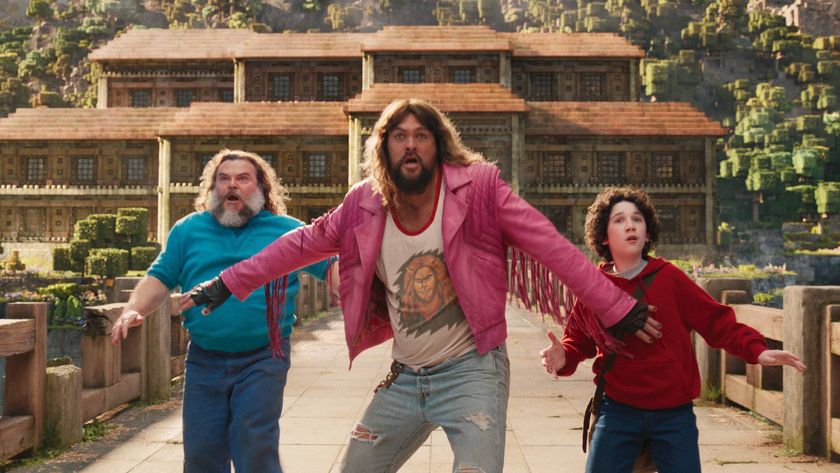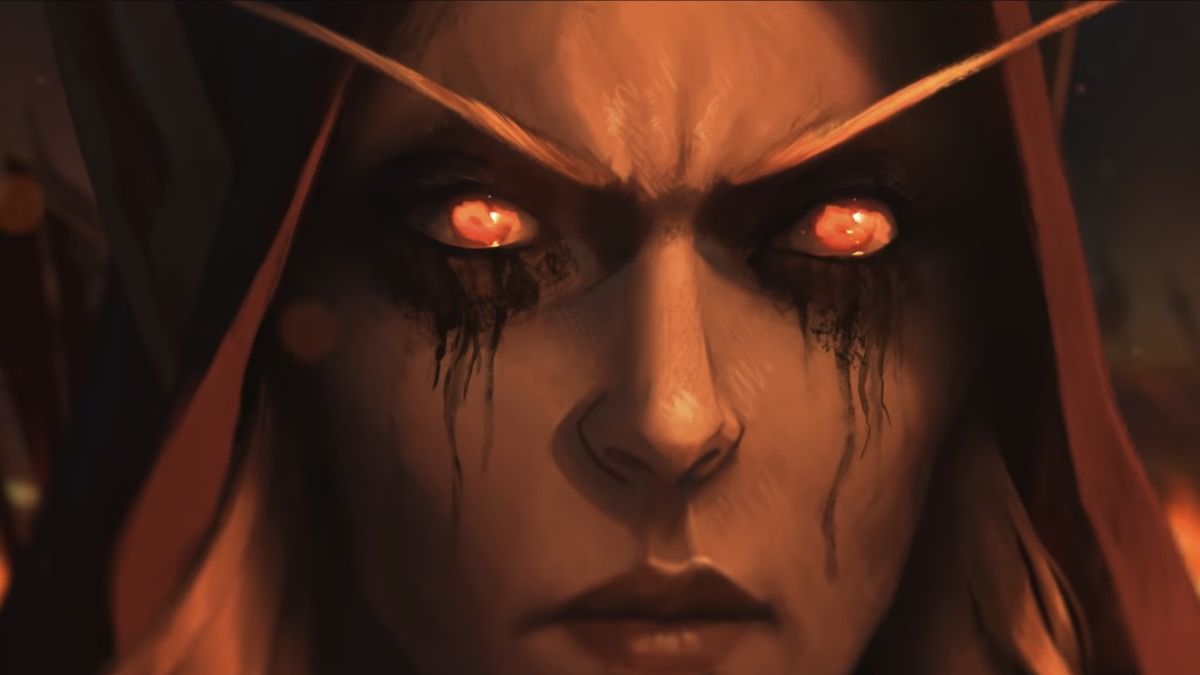
Fourteen years ago, I bought and installed World of Warcraft. Not one, but two vast continents full of mystery sprawled before me. The breadth and scope was overwhelming. I practically frothed at the mouth in anticipation. But first, I had to make a choice: would I serve the Horde, or the Alliance?
It took much contemplation and soul-searching, but finally, I decided. I would enter the world (of Warcraft) as Keteris Moonrunner, a Night Elf who could use the power of nature to cast spells or even shapeshift into creatures of the wild. I would fight under the banner of the Alliance.
Though I was always proud to consider myself Alliance, I was never emotionally invested in the 'war' part of the Warcraft equation. I always considered my character to be above that sort of thing; the fight between Horde and Alliance had decimated kingdoms, torn families apart, and even risked the fate of the entire planet on more than one occasion. Can't we all just get along?
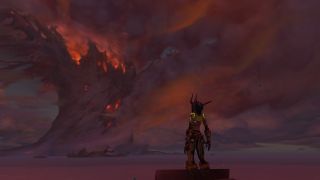
That is until July 31, 2018, when those Horde bastards went and burned down my tree.
The burning of Teldrassil
Here's the thing about Night Elves: like many other incarnations of elves, they're a woodsy folk, living in harmony with nature and the elements, etc. etc. But where, say, Tolkien elves might inhabit a city within a forest, Warcraft's Night Elves put their city on top of a forest. Which is to say they grew a tree that spans for miles in both diameter and height, a tree so big they can fit their capital city in its branches, and that is where they call home.
Every Night Elf player began their journey in the relative safety of this tree. For roughly 15 levels they explored its winding paths, deep brush, and exotic wildlife (and back in the day, those 15 levels took a long time). Just as it was for the Night Elves themselves, the tree - called Teldrassil - became a home to players.
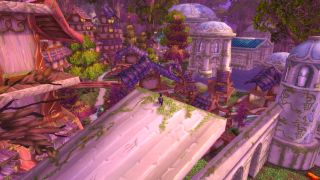
But on July 31, that changed. A limited-time event leading up to the next World of Warcraft expansion, Battle for Azeroth, has forever changed the landscape of Azeroth - and given me a new motivation. Dubbed the "War of Thorns," this event saw the Horde invade Night Elf territory as a way to control the flow of resources while simultaneously serving as a pre-emptive strike against the Alliance.
Sign up to the 12DOVE Newsletter
Weekly digests, tales from the communities you love, and more
- World of Warcraft: Battle for Azeroth - how to unlock World Quests
- World of Warcraft: Battle for Azeroth - how to unlock every Allied Race
This unprovoked aggression, already an indefensible act (the Horde is taking by force land which had been held by the Night Elves for thousands of years) came to a horrifying zenith as the Horde's leader, an undead High Elf named Sylvanas, ordered Teldrassil to be burned - civilians and all.
You maniacs! You blew it up! Damn you! God damn you all to hell!
Okay good, got that out of my system.
The drums of war thunder once again
Seeing the place where I began my journey so many years ago with a game and a world I've loved, roused me. Being given a quest to rescue 982 citizens and douse 1000 flames within 3 minutes - a hopeless, futile task - as my home burned around me has stirred in my typically pacifist heart a new calling. If Sylvanas wants a war, I'll give her one. I'm angry. But I also recognize where that anger comes from and where it's aimed, which - strange as it may sound - makes me incredibly happy.
It may seem like a simple thing, but when I started playing in 2004, choosing a faction in WoW was a defining statement about who you were, what you stood for, and who your enemies were.
The Horde often saw themselves as ragtag misfits, outcast underdogs who only wanted a place to call their own, and viewed the Alliance as judgmental, controlling, and oppressive. Meanwhile, those who joined the Alliance considered themselves noble and good defenders of justice, and looked down on the Horde as barbaric aggressors.
Since its reveal, Blizzard has said that it wants Battle for Azeroth to be an expansion that invokes those old feelings. And I'll be damned if they haven't succeeded in that regard. Right now on Reddit, Twitter, and other social media, players are arguing over what this wanton act of destruction means for them. Some Alliance players feel vindicated in their opposition to the Horde, while others are using this to try and convince Horde loyalists to switch sides. Meanwhile, Horde players are likewise divided, with many saying this is a bridge too far, while others take glee in seeing their longtime enemies crushed beneath the Horde's heel.
And then, of course, there are those arguing that they're not angry about the event itself, but that it feels like bad writing. But I don't think those feelings have to be mutually exclusive.
I can be disappointed and a bit hesitant about the current state of the lore while also recognizing I wouldn't be distraught about the state of WoW if I didn't think it was worth being distraught about. I care about this world and these characters, and any anger I feel isn't toward the creators (don't harass devs), it's toward the Horde. I'd call that a success on Blizzard's part. (And seriously, don't harass devs.)
I want justice. I want victory. Bring on the war. I'm ready.
Not everything in WoW's next expansion is so deadly serious. Read our feature about the surprising reasons how and why, after 14 years, enemy AI can jump in Battle for Azeroth.
Sam is a former News Editor here at GamesRadar. His expert words have appeared on many of the web's well-known gaming sites, including Joystiq, Penny Arcade, Destructoid, and G4 Media, among others. Sam has a serious soft spot for MOBAs, MMOs, and emo music. Forever a farm boy, forever a '90s kid.
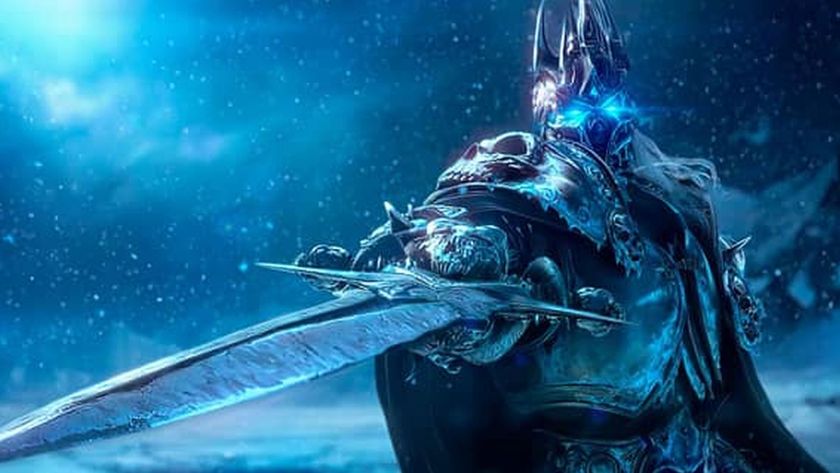
Following a high-profile guild quitting WoW Classic Hardcore, Blizzard makes the unprecedented decision to revive MMO characters that die during DDoS attacks "at our sole discretion"
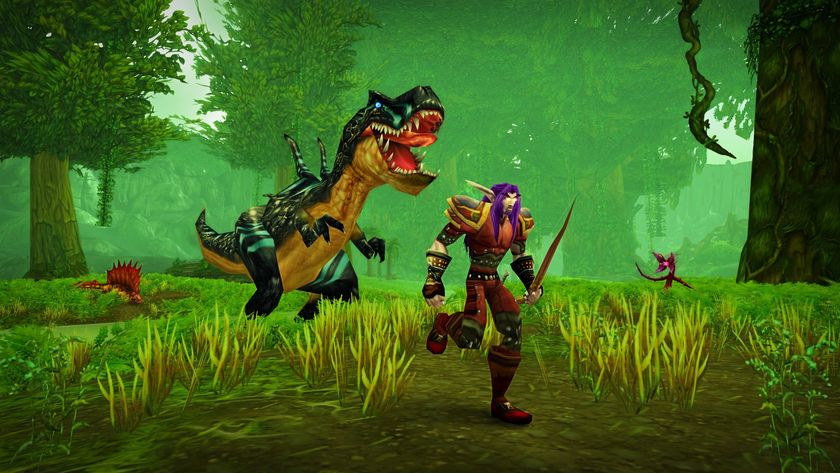
"If this is just how it is, then yeah, that's the end": WoW Classic's most famous hardcore guild calls time for now after multiple raiders lose their MMO characters to DDoS attacks


